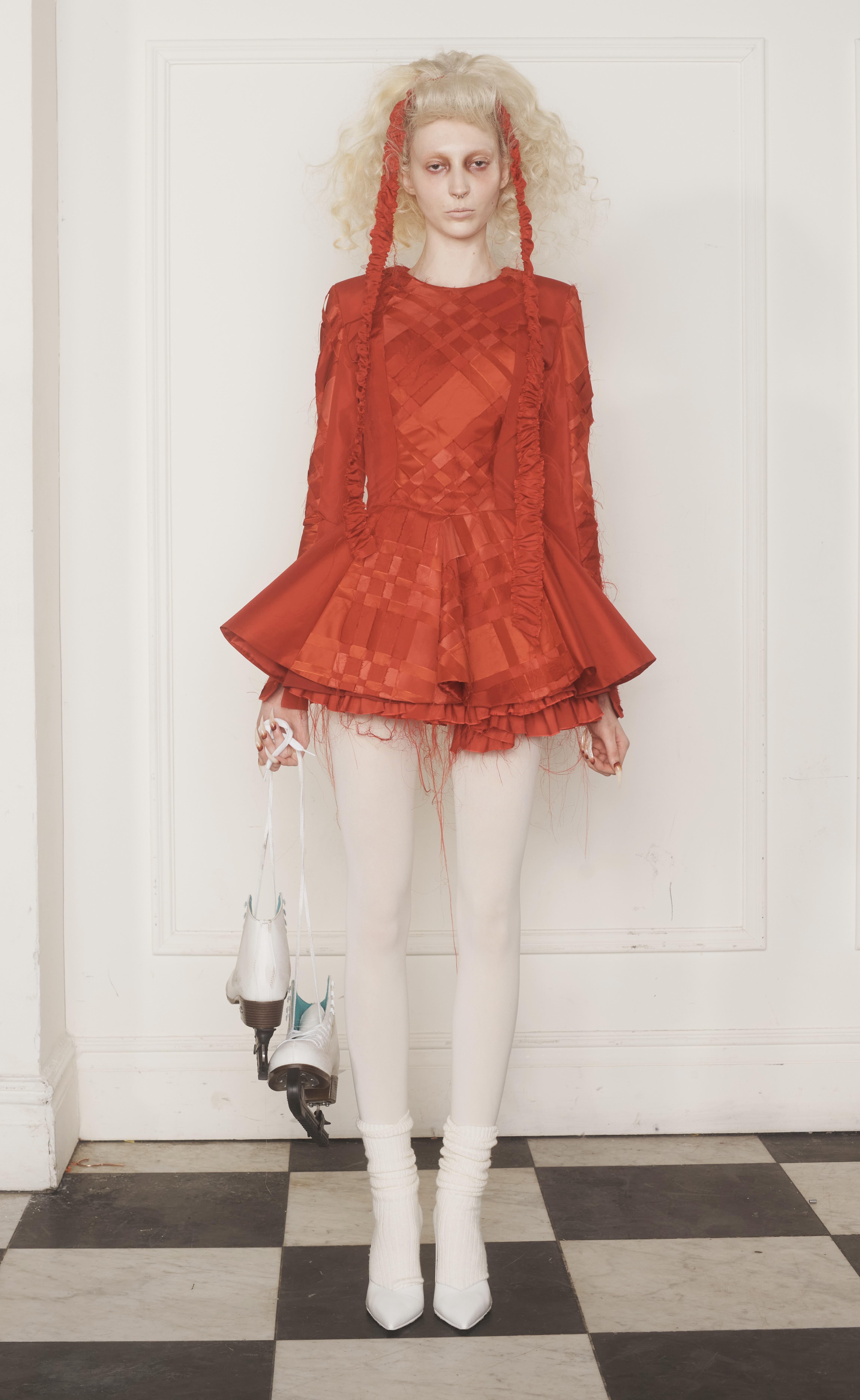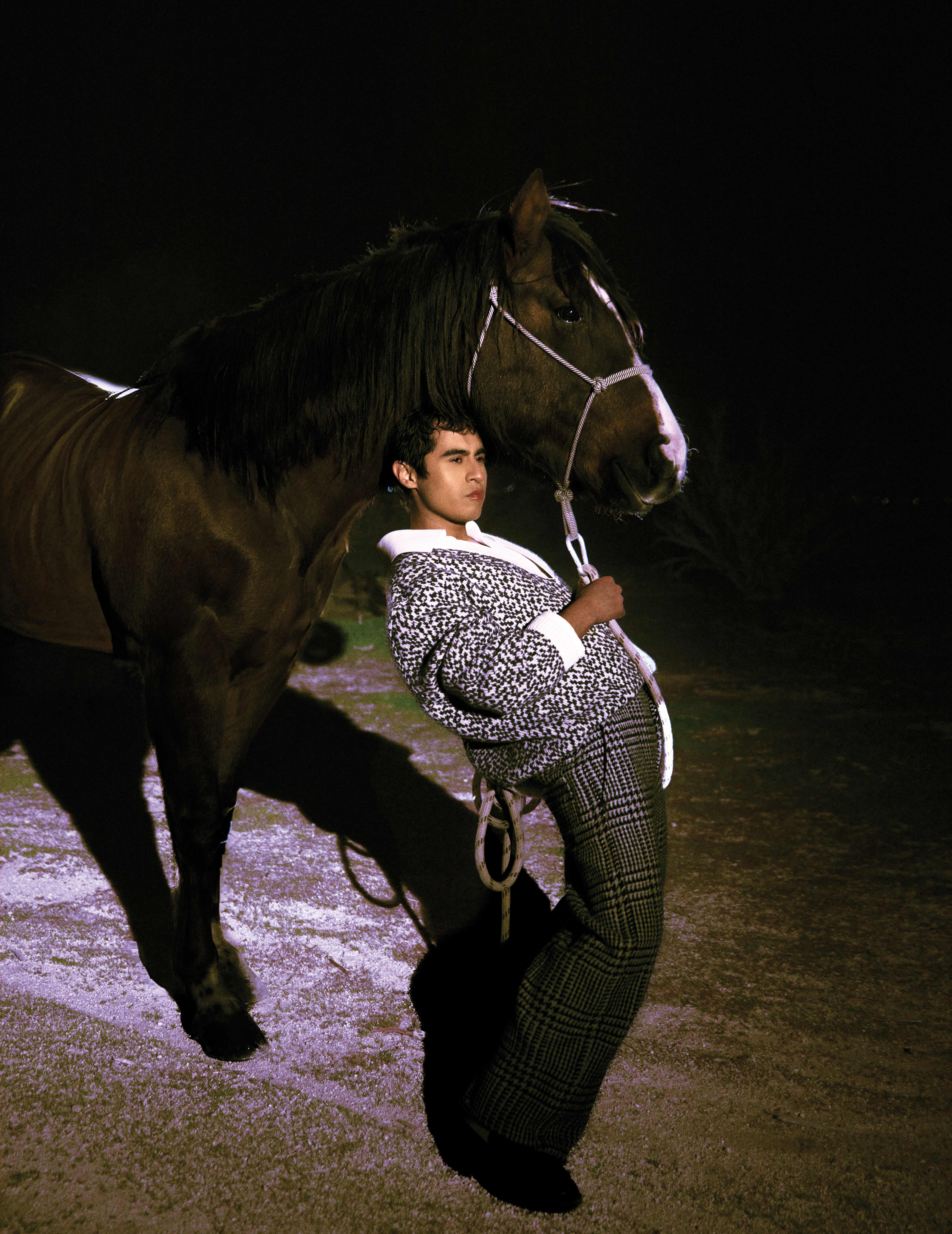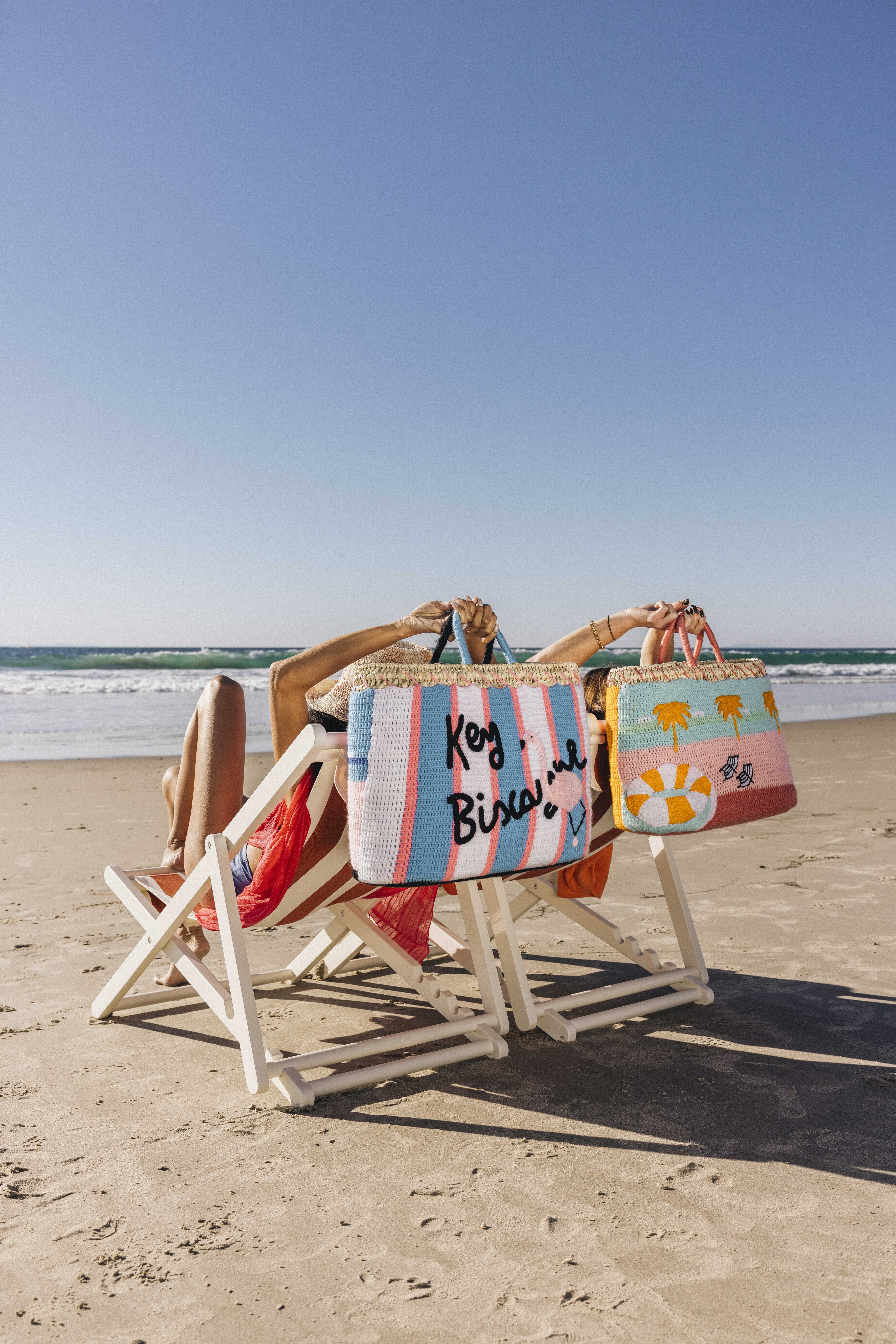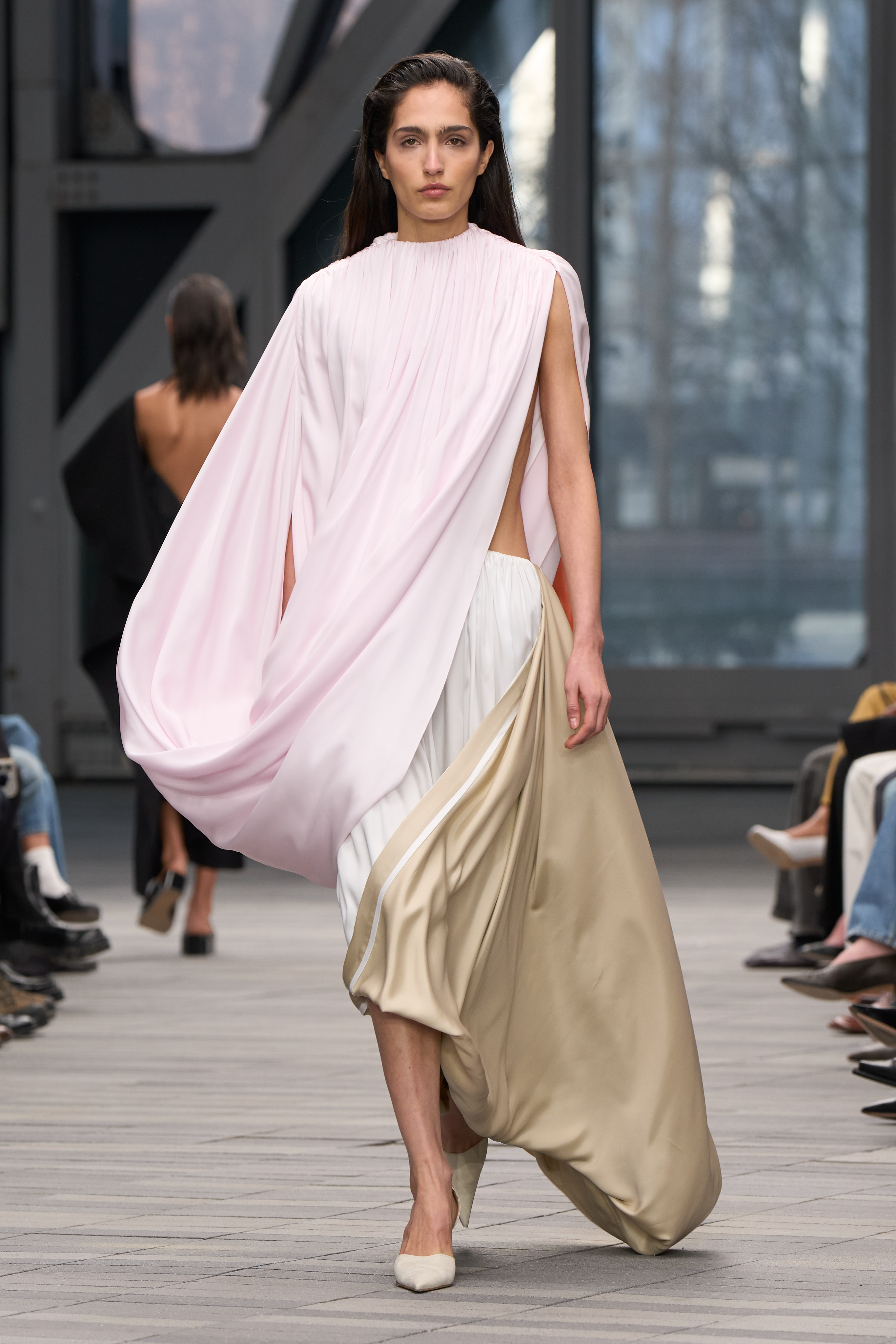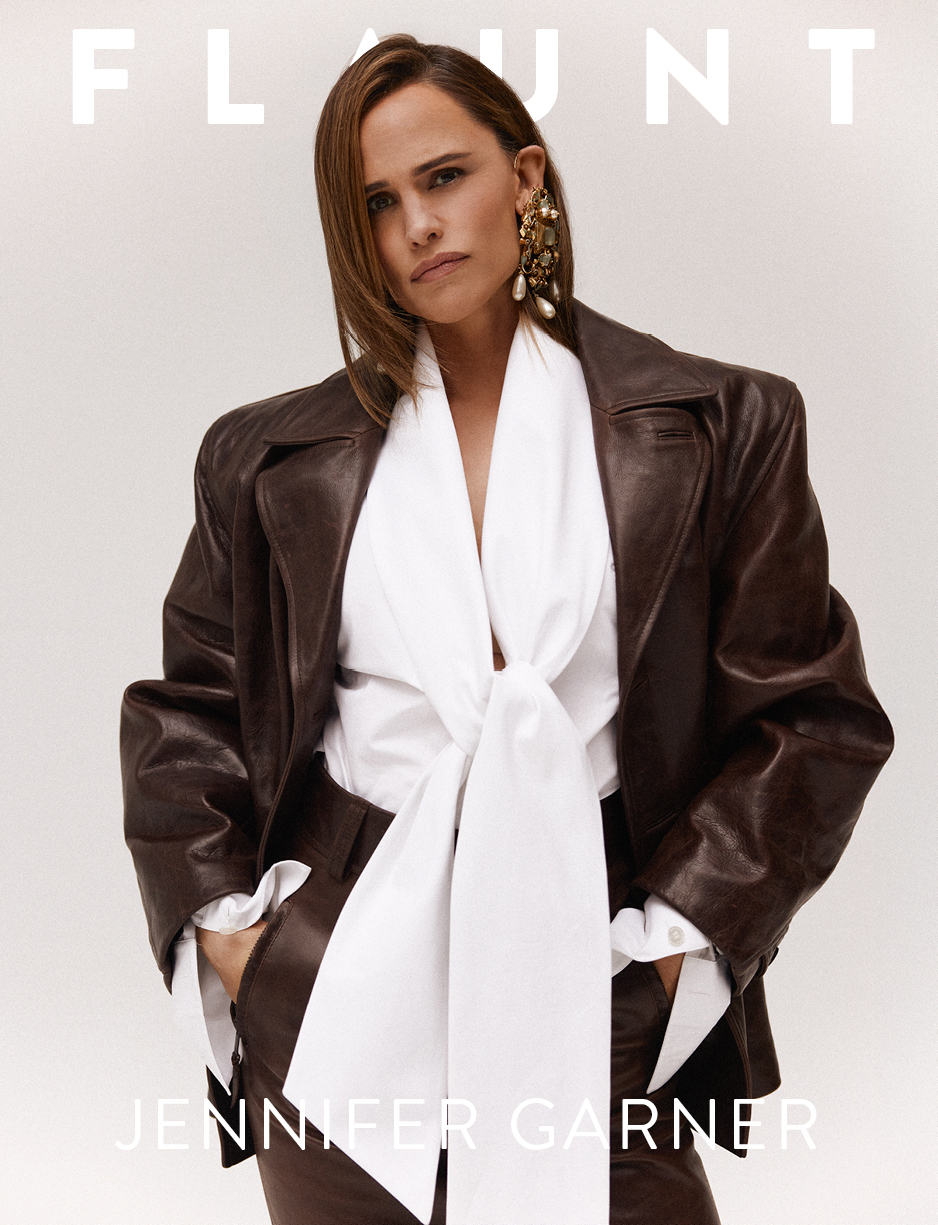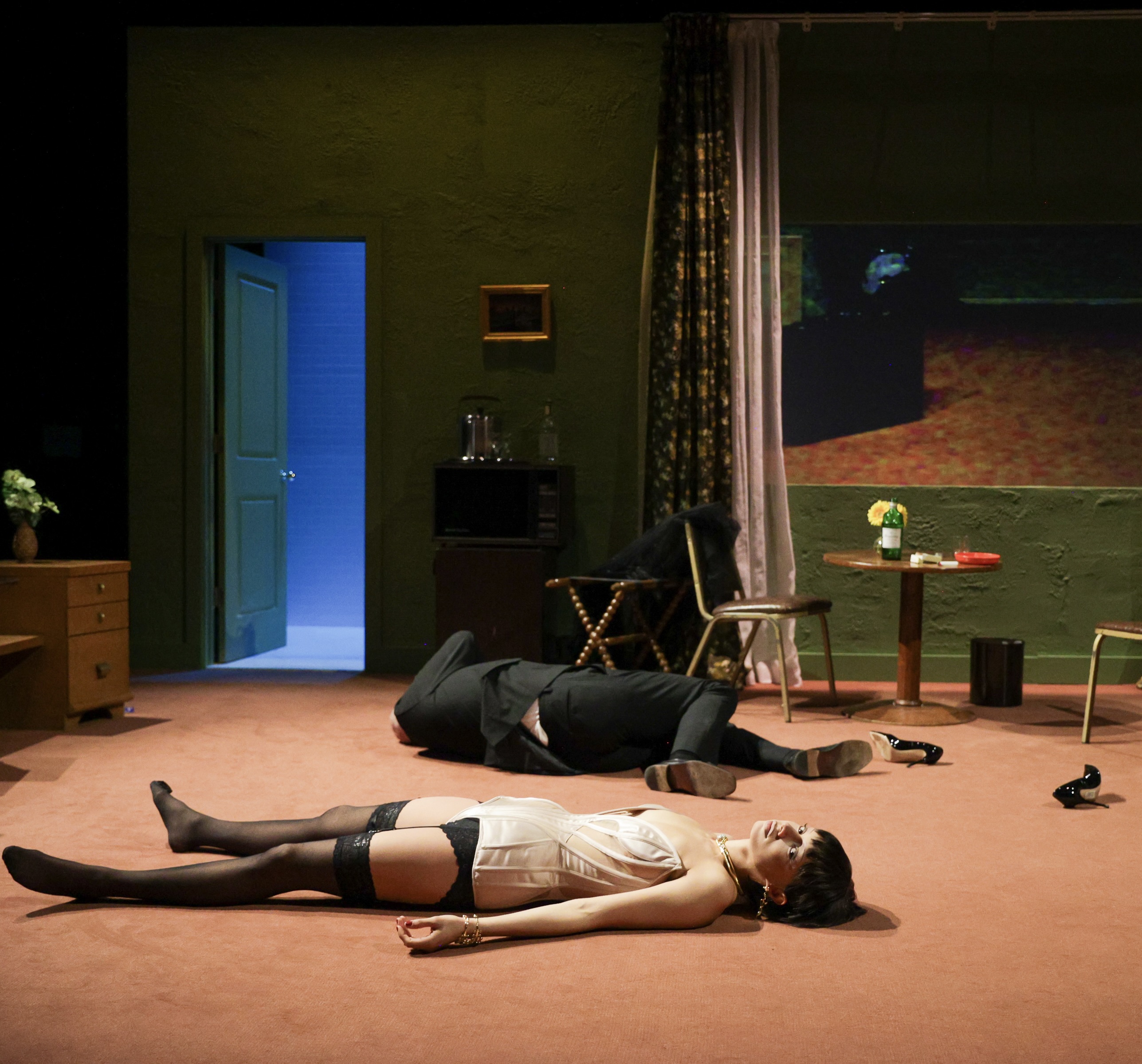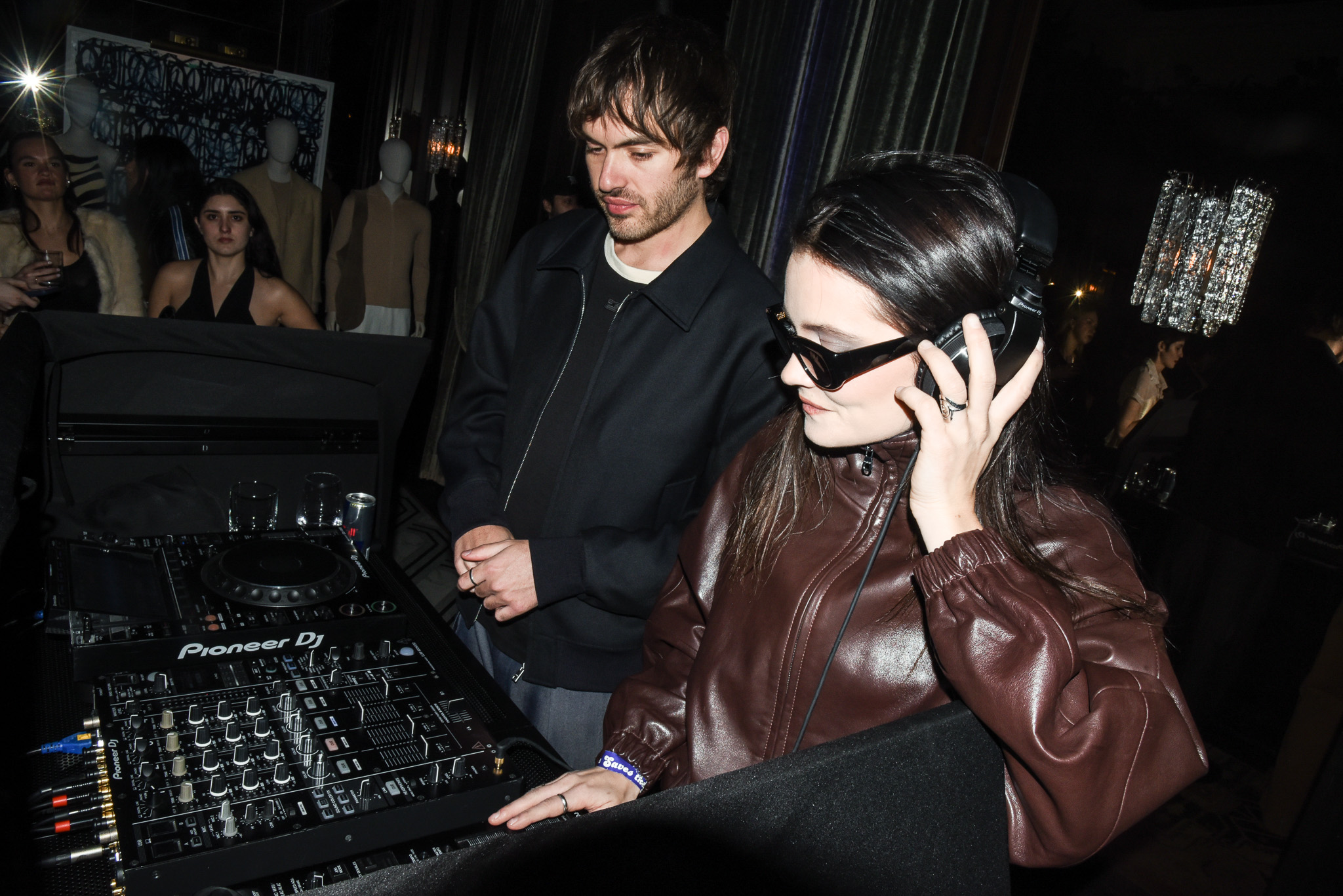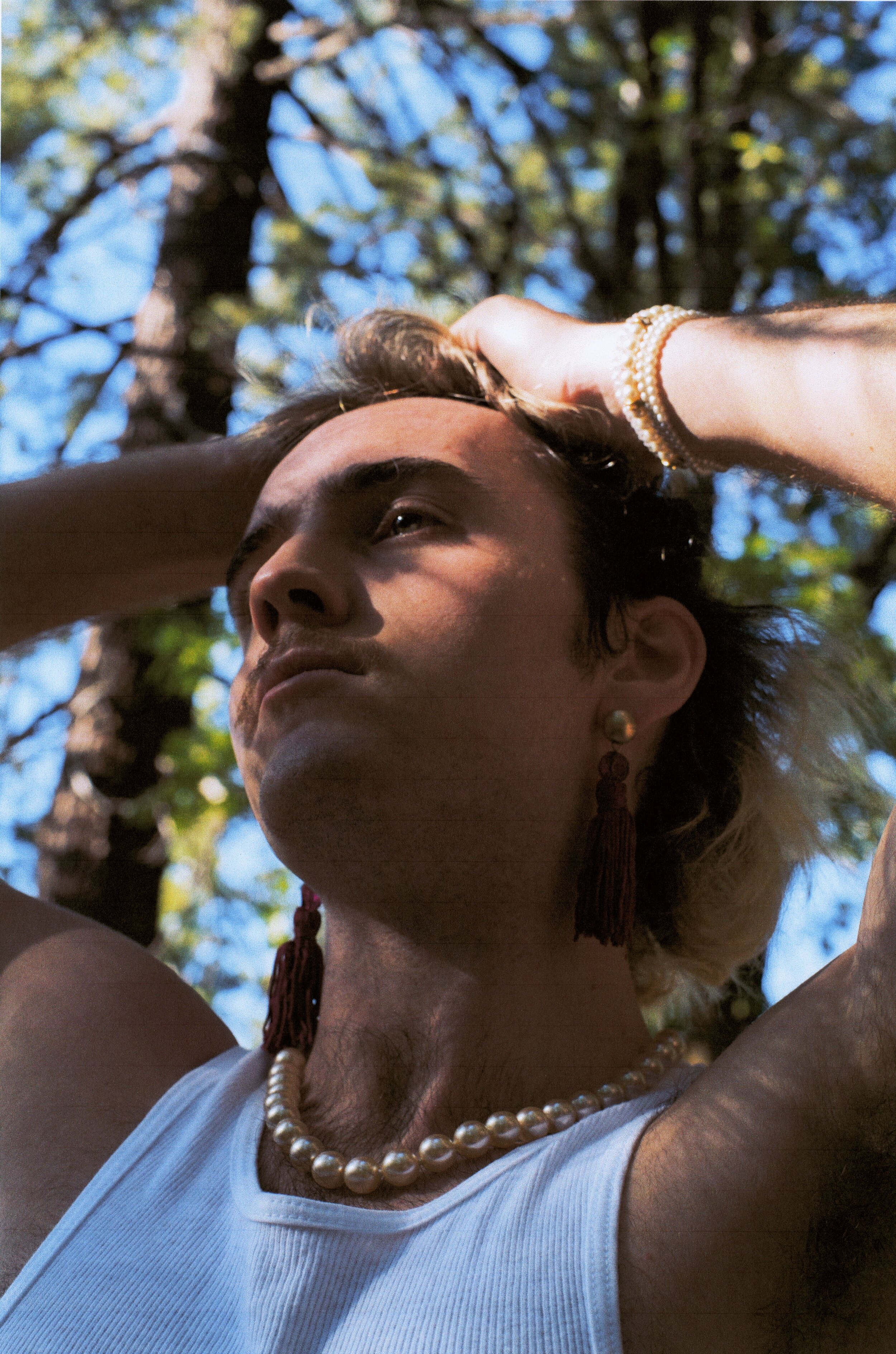

After a year-long hiatus, Indie pop artist [Kid Hastings](https://www.instagram.com/kidhastings/) returns to music with a bang! Kid Hastings, also known as Jake McEvoy, broke into the music scene with the release of his remarkable debut EP, _Golden,_ in 2019. His new single “[Call Me Up](https://open.spotify.com/track/3pjO5RzCMAtePUsgMqIYSv?si=KOZ0Sti6QA-7pLBHnCByHA)” shows tremendous growth for McEvoy as a singer, songwriter, and producer.
Kid Hastings worked with fellow creative Ava Doorley to create a truly one-of-a-kind music video for “Call Me Up.” This video takes the meaning behind “Call Me Up” to a whole new level by exploring the complex nature of self-identity. The multifaceted nature of the “Call Me Up” music video embodies Kid Hastings’ artistic freedom and allows him to express his individuality in a physical manner.
Check out what Kid Hastings had to say about his journey as a musician, the “Call Me Up” music video, and what it means to be an artist in the midst of a pandemic below!
**In what way did your background as a “theater kid” shape you into the artist you are today?**
I can’t say it has contributed substantially on the music front, but I think my experience in theater got me to a place where I felt really in control of my body’s movement; its been something that has served me so well in my stage presence as a performer, but also my confidence in daily life. It also gave me the insight that performing is so much more than singing a song or playing a part—it’s about telling a story and communicating something really intimate and personal.
**How did you and Ava Doorley come up with the concept for the “Call Me Up” video?**
Ava is one of the most talented and weird people I know, so we wanted to come up with something that might make people uncomfortable and also play with the idea of identity. The song came from a place of confusion, at a time where my identity was at odds with itself, so we interpreted that almost as literally as we could. We also both love the idea of dance and telling stories as intimately as we can through strictly movement, so that all ended up culminating in an adulterous love story between a cabaret performer and an old woman, turned murder.
**How does the “Call Me Up” video represent your artistic freedom?**
Call Me Up as a song represented true sonic freedom to me—to encapsulate a confused and heartbroken state, the song makes jarring switches between crunchy synth/percussion and more lush vocal soundscapes. The video throws away the entire literal meaning of the song to illustrate a feeling and an aura of intimacy, confusion and conflict. Going into the video, we also had no constraints or boundaries; I told Ava I liked Goodfellas and so we incorporated the trunk-opening-brakelight-lit-dead-guy shot after the murder. To give you a sense of the freedom when constructing this video, that was how we thought of most of our ideas.


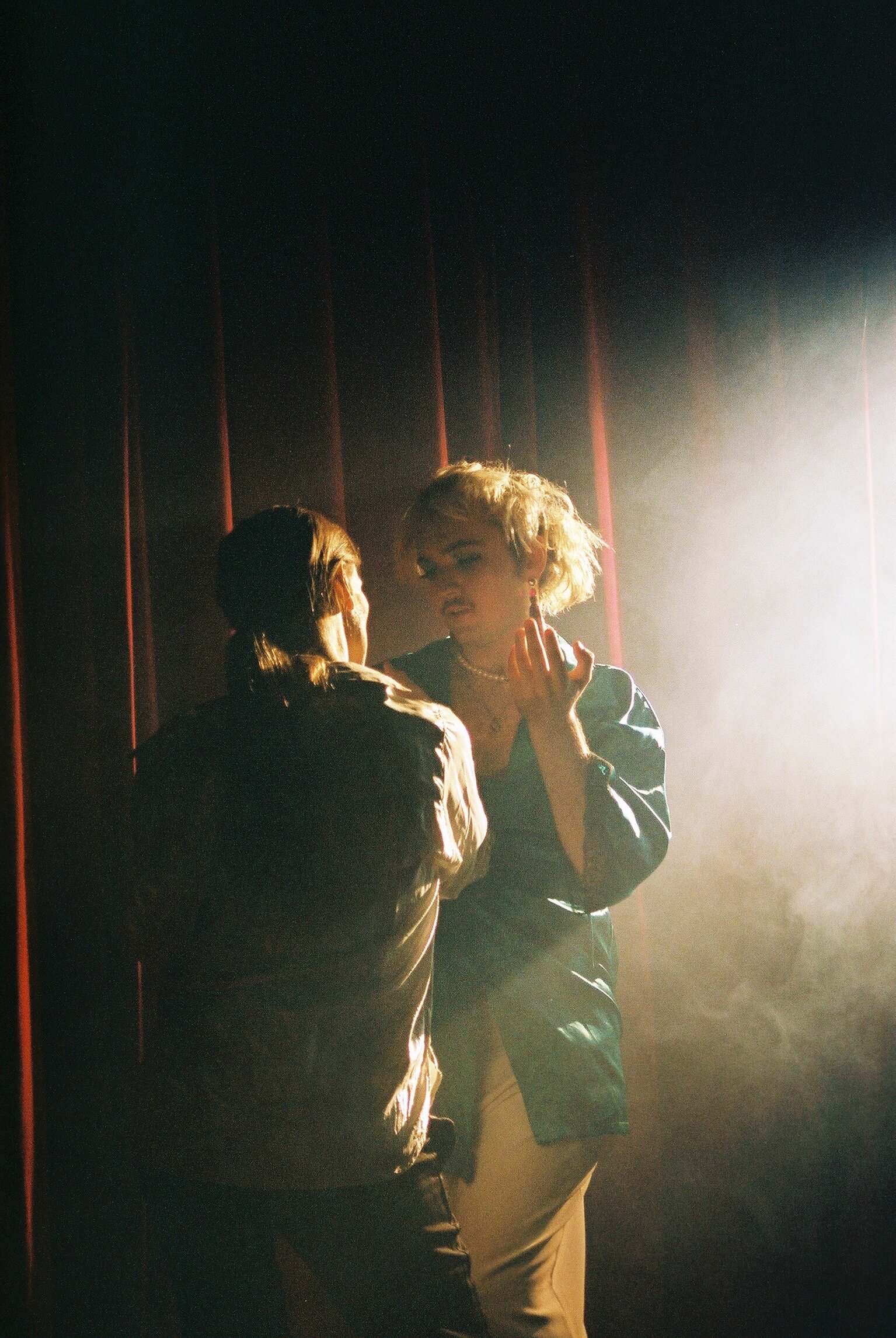

**How did 2020 change your perspective as an artist?**
After taking a pretty long break from music, I’ve learned a few things. For one, it’s that we need to educate ourselves about the messed up system we live in; as an artist I hope to use my platform to foster learning, encourage giving and lift up the people whose voices go unheard. I’ve also discovered the importance of collaboration with the right people—it took being alone for months for me to realize that I actually enjoy working with the people closest to me more than I do alone.
**Did the stillness and uncertainty of life in lockdown change your creative process?**
I think, like everyone else, I had a lot less inspiration to draw from; ideas had to come from more unique places. Sometimes that would lead to a dumb song about something dumb, or sometimes, a really interesting song I never would’ve even thought to write about.
**How have you grown as a singer, songwriter, and producer over the past year?**
I think I’ve definitely grown the most as a songwriter—I always viewed the production as the most important part of a song, but something clicked recently which changed my mind. I believe the lyrics and melody are what give a song timelessness and the power to deeply move someone. As a producer, I’ve realized that I enjoy working collaboratively so much more. I’ve definitely dropped whatever producer ego I may have previously had and decided I’m just gonna be a sponge and learn as much from better producers as I can. As a singer, I probably stayed the same—I’m rusty since I haven’t had a reason to sing live for a long time, but I also quit smoking. Hopefully they balanced each other out and I didn’t just forget how to sing.
**Do you find that the music you create is more personal due to your role as both a writer and producer of your own work?**
I think it definitely does. I’ve been told so many times I produce the wrong way, use the wrong plugins or even that I could have used a better word in this song, or changed up the structure to be more appealing - but I think all of these things culminate into something endearing and truly unique. My stuff sounds like my stuff, because I record guitars probably the wrong way or layer too many vocals. Like I said, I’m gonna keep learning from people better than me, but I intend on keeping the mannerisms that make my stuff different.
 
After a year-long hiatus, Indie pop artist [Kid Hastings](https://www.instagram.com/kidhastings/) returns to music with a bang! Kid Hastings, also known as Jake McEvoy, broke into the music scene with the release of his remarkable debut EP, _Golden,_ in 2019. His new single “[Call Me Up](https://open.spotify.com/track/3pjO5RzCMAtePUsgMqIYSv?si=KOZ0Sti6QA-7pLBHnCByHA)” shows tremendous growth for McEvoy as a singer, songwriter, and producer.
Kid Hastings worked with fellow creative Ava Doorley to create a truly one-of-a-kind music video for “Call Me Up.” This video takes the meaning behind “Call Me Up” to a whole new level by exploring the complex nature of self-identity. The multifaceted nature of the “Call Me Up” music video embodies Kid Hastings’ artistic freedom and allows him to express his individuality in a physical manner.
Check out what Kid Hastings had to say about his journey as a musician, the “Call Me Up” music video, and what it means to be an artist in the midst of a pandemic below!
**In what way did your background as a “theater kid” shape you into the artist you are today?**
I can’t say it has contributed substantially on the music front, but I think my experience in theater got me to a place where I felt really in control of my body’s movement; its been something that has served me so well in my stage presence as a performer, but also my confidence in daily life. It also gave me the insight that performing is so much more than singing a song or playing a part—it’s about telling a story and communicating something really intimate and personal.
**How did you and Ava Doorley come up with the concept for the “Call Me Up” video?**
Ava is one of the most talented and weird people I know, so we wanted to come up with something that might make people uncomfortable and also play with the idea of identity. The song came from a place of confusion, at a time where my identity was at odds with itself, so we interpreted that almost as literally as we could. We also both love the idea of dance and telling stories as intimately as we can through strictly movement, so that all ended up culminating in an adulterous love story between a cabaret performer and an old woman, turned murder.
**How does the “Call Me Up” video represent your artistic freedom?**
Call Me Up as a song represented true sonic freedom to me—to encapsulate a confused and heartbroken state, the song makes jarring switches between crunchy synth/percussion and more lush vocal soundscapes. The video throws away the entire literal meaning of the song to illustrate a feeling and an aura of intimacy, confusion and conflict. Going into the video, we also had no constraints or boundaries; I told Ava I liked Goodfellas and so we incorporated the trunk-opening-brakelight-lit-dead-guy shot after the murder. To give you a sense of the freedom when constructing this video, that was how we thought of most of our ideas.

After a year-long hiatus, Indie pop artist [Kid Hastings](https://www.instagram.com/kidhastings/) returns to music with a bang! Kid Hastings, also known as Jake McEvoy, broke into the music scene with the release of his remarkable debut EP, _Golden,_ in 2019. His new single “[Call Me Up](https://open.spotify.com/track/3pjO5RzCMAtePUsgMqIYSv?si=KOZ0Sti6QA-7pLBHnCByHA)” shows tremendous growth for McEvoy as a singer, songwriter, and producer.
Kid Hastings worked with fellow creative Ava Doorley to create a truly one-of-a-kind music video for “Call Me Up.” This video takes the meaning behind “Call Me Up” to a whole new level by exploring the complex nature of self-identity. The multifaceted nature of the “Call Me Up” music video embodies Kid Hastings’ artistic freedom and allows him to express his individuality in a physical manner.
Check out what Kid Hastings had to say about his journey as a musician, the “Call Me Up” music video, and what it means to be an artist in the midst of a pandemic below!
**In what way did your background as a “theater kid” shape you into the artist you are today?**
I can’t say it has contributed substantially on the music front, but I think my experience in theater got me to a place where I felt really in control of my body’s movement; its been something that has served me so well in my stage presence as a performer, but also my confidence in daily life. It also gave me the insight that performing is so much more than singing a song or playing a part—it’s about telling a story and communicating something really intimate and personal.
**How did you and Ava Doorley come up with the concept for the “Call Me Up” video?**
Ava is one of the most talented and weird people I know, so we wanted to come up with something that might make people uncomfortable and also play with the idea of identity. The song came from a place of confusion, at a time where my identity was at odds with itself, so we interpreted that almost as literally as we could. We also both love the idea of dance and telling stories as intimately as we can through strictly movement, so that all ended up culminating in an adulterous love story between a cabaret performer and an old woman, turned murder.
**How does the “Call Me Up” video represent your artistic freedom?**
Call Me Up as a song represented true sonic freedom to me—to encapsulate a confused and heartbroken state, the song makes jarring switches between crunchy synth/percussion and more lush vocal soundscapes. The video throws away the entire literal meaning of the song to illustrate a feeling and an aura of intimacy, confusion and conflict. Going into the video, we also had no constraints or boundaries; I told Ava I liked Goodfellas and so we incorporated the trunk-opening-brakelight-lit-dead-guy shot after the murder. To give you a sense of the freedom when constructing this video, that was how we thought of most of our ideas.
 

 
**How did 2020 change your perspective as an artist?**
After taking a pretty long break from music, I’ve learned a few things. For one, it’s that we need to educate ourselves about the messed up system we live in; as an artist I hope to use my platform to foster learning, encourage giving and lift up the people whose voices go unheard. I’ve also discovered the importance of collaboration with the right people—it took being alone for months for me to realize that I actually enjoy working with the people closest to me more than I do alone.
**Did the stillness and uncertainty of life in lockdown change your creative process?**
I think, like everyone else, I had a lot less inspiration to draw from; ideas had to come from more unique places. Sometimes that would lead to a dumb song about something dumb, or sometimes, a really interesting song I never would’ve even thought to write about.
**How have you grown as a singer, songwriter, and producer over the past year?**
I think I’ve definitely grown the most as a songwriter—I always viewed the production as the most important part of a song, but something clicked recently which changed my mind. I believe the lyrics and melody are what give a song timelessness and the power to deeply move someone. As a producer, I’ve realized that I enjoy working collaboratively so much more. I’ve definitely dropped whatever producer ego I may have previously had and decided I’m just gonna be a sponge and learn as much from better producers as I can. As a singer, I probably stayed the same—I’m rusty since I haven’t had a reason to sing live for a long time, but I also quit smoking. Hopefully they balanced each other out and I didn’t just forget how to sing.
**Do you find that the music you create is more personal due to your role as both a writer and producer of your own work?**
I think it definitely does. I’ve been told so many times I produce the wrong way, use the wrong plugins or even that I could have used a better word in this song, or changed up the structure to be more appealing - but I think all of these things culminate into something endearing and truly unique. My stuff sounds like my stuff, because I record guitars probably the wrong way or layer too many vocals. Like I said, I’m gonna keep learning from people better than me, but I intend on keeping the mannerisms that make my stuff different.

**How did 2020 change your perspective as an artist?**
After taking a pretty long break from music, I’ve learned a few things. For one, it’s that we need to educate ourselves about the messed up system we live in; as an artist I hope to use my platform to foster learning, encourage giving and lift up the people whose voices go unheard. I’ve also discovered the importance of collaboration with the right people—it took being alone for months for me to realize that I actually enjoy working with the people closest to me more than I do alone.
**Did the stillness and uncertainty of life in lockdown change your creative process?**
I think, like everyone else, I had a lot less inspiration to draw from; ideas had to come from more unique places. Sometimes that would lead to a dumb song about something dumb, or sometimes, a really interesting song I never would’ve even thought to write about.
**How have you grown as a singer, songwriter, and producer over the past year?**
I think I’ve definitely grown the most as a songwriter—I always viewed the production as the most important part of a song, but something clicked recently which changed my mind. I believe the lyrics and melody are what give a song timelessness and the power to deeply move someone. As a producer, I’ve realized that I enjoy working collaboratively so much more. I’ve definitely dropped whatever producer ego I may have previously had and decided I’m just gonna be a sponge and learn as much from better producers as I can. As a singer, I probably stayed the same—I’m rusty since I haven’t had a reason to sing live for a long time, but I also quit smoking. Hopefully they balanced each other out and I didn’t just forget how to sing.
**Do you find that the music you create is more personal due to your role as both a writer and producer of your own work?**
I think it definitely does. I’ve been told so many times I produce the wrong way, use the wrong plugins or even that I could have used a better word in this song, or changed up the structure to be more appealing - but I think all of these things culminate into something endearing and truly unique. My stuff sounds like my stuff, because I record guitars probably the wrong way or layer too many vocals. Like I said, I’m gonna keep learning from people better than me, but I intend on keeping the mannerisms that make my stuff different.


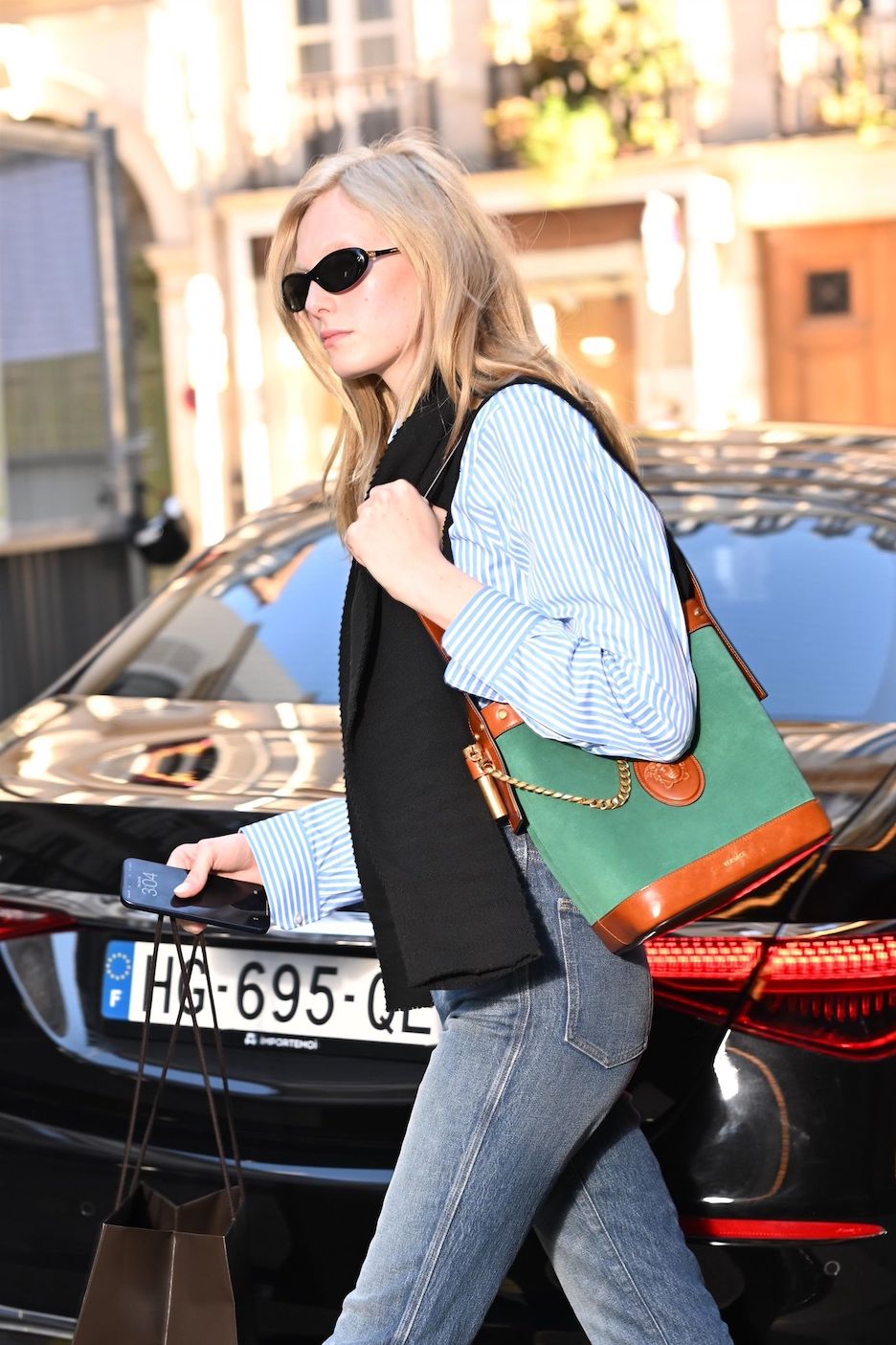
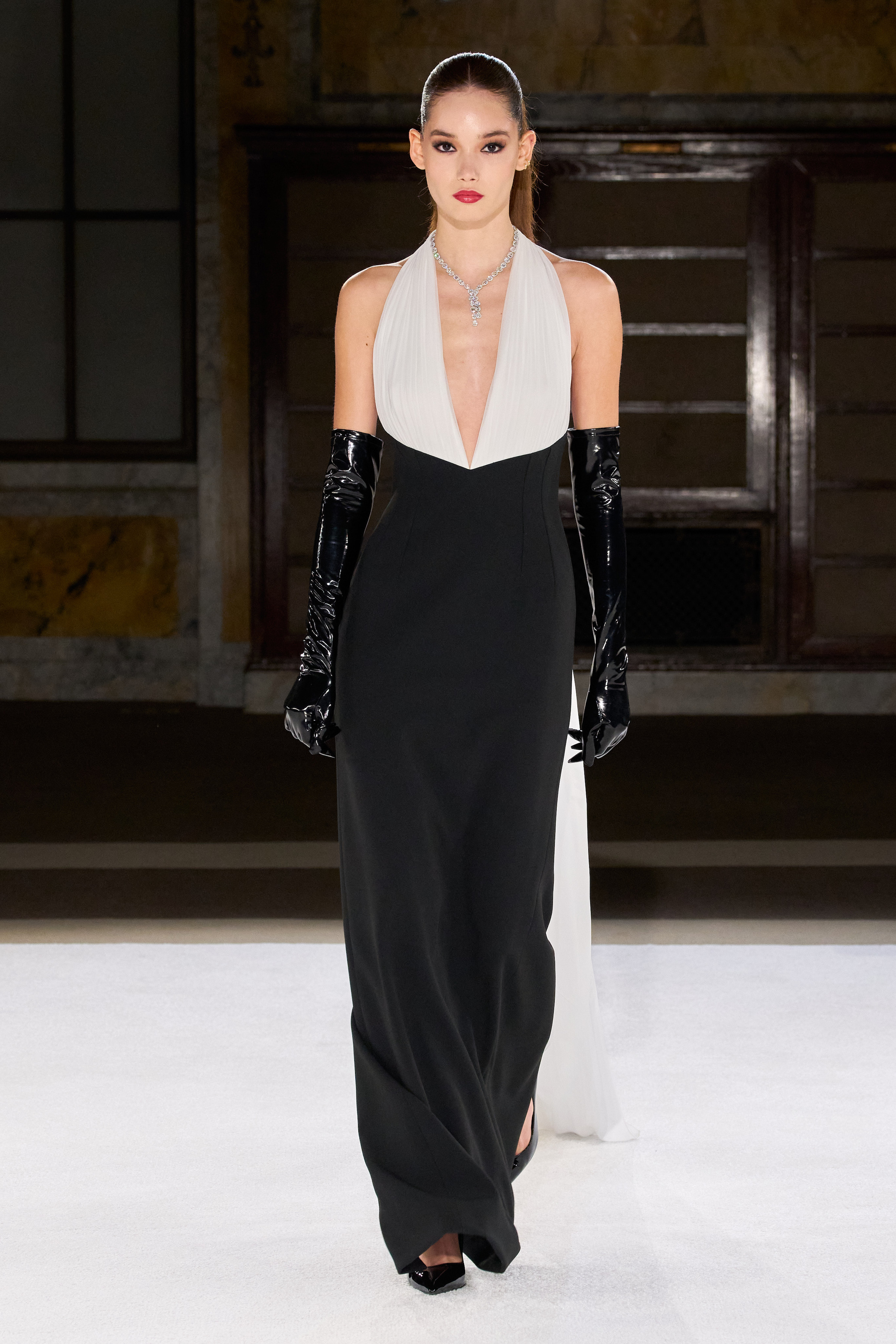
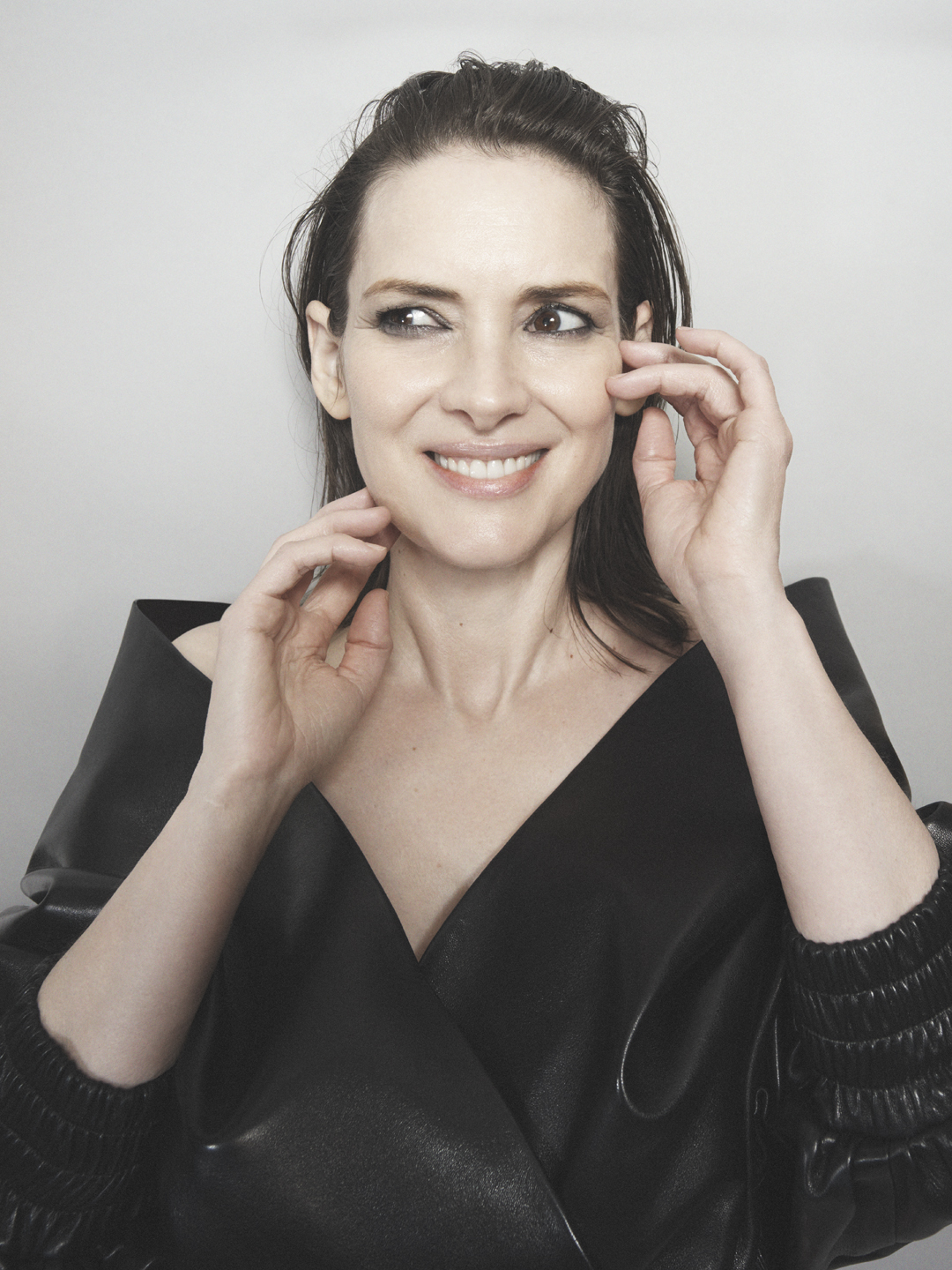
.jpg)
